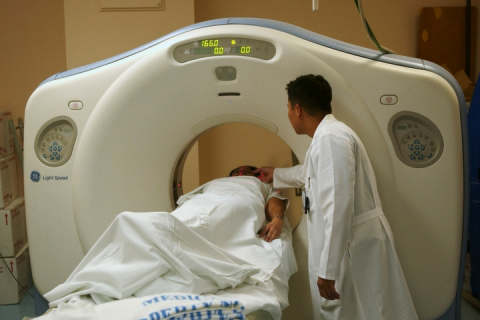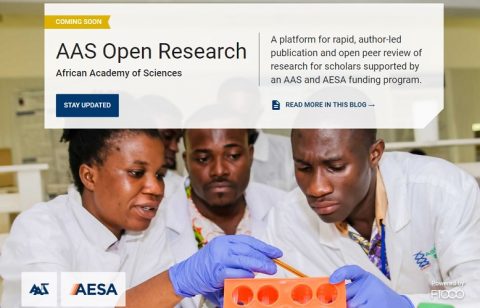For World AIDS Day, and in recognition of this year’s #LetsEndIt campaign, we hear from our Faculty Members working on vaccines to protect against HIV Infection. We interviewed Faculty Member Antu Dey, Senior Director of Research & Development, at Vaccine Product Development Center of International AIDS Vaccine Initiative (IAVI). He explains how team work, cooperation, and…
In a series of blog posts, we answer your frequently asked questions about F1000Workspace. If you have other questions please do drop us a line on feedback@f1000.com – we will respond directly and they could end up appearing on a future blog! No matter whether you work in the same lab or on the other…
Karolina Wartolowska explains the importance of blinding and shares the methods used to imitate audio, visual and physical cues to reduce bias during surgical trials
In June, we asked researchers to show us their code and send us their latest Software Tool Articles. Hollydawn Murray, Publishing Editor for F1000Research, shares with you highlights from some of the 16 new articles published since then. The tools cover a wide range of subjects in life sciences and medicine written in various programming languages.
The Consolidated Standards of Reporting Trials (CONSORT) are guidelines to facilitate transparent and unbiased reporting of randomized controlled trials (RCTs). Adherence to CONSORT guidelines ensures the inclusion of key information, so that readers can properly assess the validity and generalizability of RCTs and apply it to their patient population. The inclusion of key information so…
Our Managing Director, Rebecca Lawrence, announces another new publication platform – AAS Open Research – in partnership with the African Academy of Sciences. Rebecca sets out how this new platform could bring about a transformation in how the African research community works.
Jonathan Winawer and Nathan Witthoft published an article in the INCF Gateway on F1000Research, which recently passed peer review, describing a step-by-step tutorial to systematically identify V4 – the brain’s fourth visual field – in humans. The authors explains why localizing V4 has been such a headache, their solution to demarcating this area, and why they decided to publish this all as a protocol.
With new evidence showing the influencing role biological factors have on the status of our mental health, we explore the role our immune system has on our mind.
Gates Open Research, a new publication platform for grantees of the Bill & Melinda Gates Foundation, has published its first articles this week. One of the first articles to be published there is by Lisa Reimer and colleagues. Here, she describes their work in monitoring pathogens present in mosquitoes from their feces captured using a superhydrophobic cone and why they chose to publish on Gates Open Research.
A citizen science project carried out by the Hackuarium Association investigated the genome of various beers. The results of this work were published as as a Data Note on F1000Research. Jonthan Sobel explains what the thinking behind this project and what they found.















